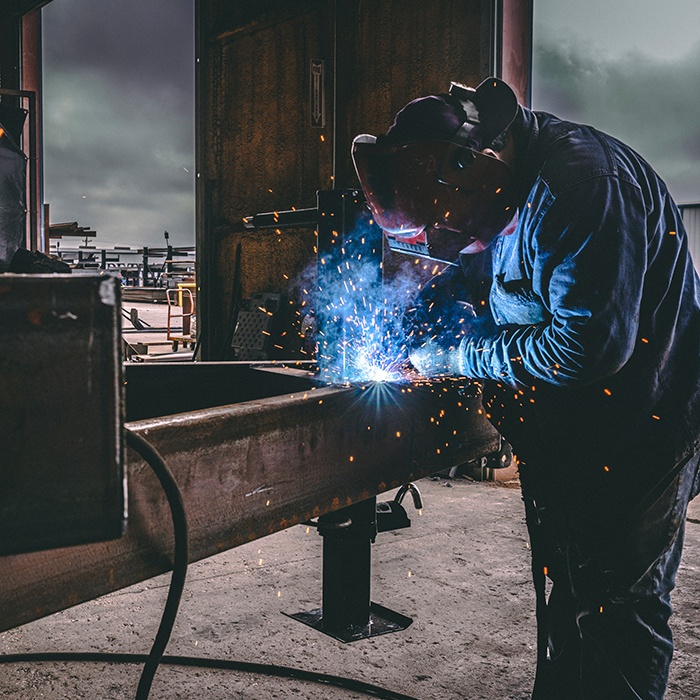About Net Zero Industry Wales
We’re a not-for-profit body empowering businesses to build greener futures.
Become a member
Established in 2022, Net Zero Industry Wales is an independent organisation providing guidance and support to Welsh industries on their transition to delivering net zero.
While governing Wales’ Industrial Clusters — including the South Wales Industrial Cluster (SWIC) and the North East Wales Industrial Decarbonisation (NEWID) Cluster — we support a growing membership of industry, academia, and public sector organisations.
All at different stages of their net zero journey, we provide support to these members by fostering collaboration, forming strategic partnerships, unlocking investment opportunities, and offering a suite of corporate benefits.
Through this, we bridge the gap between industry and regulators — accelerating the delivery of low carbon projects through co-creation with key planning and permitting partners. Long term, our mission is to make Wales the country of choice for production of sustainable goods and services. While helping to improve the world’s environment, driving the uptake of low carbon technologies will help to create more competitive, high value products and additional well-paid, quality jobs in Wales.
This will provide a clear commercial advantage for Welsh businesses — echoing the power of Wales’ industrial heyday.
We believe that Wales has the potential to prosper once again, but this time, in a renewable way — benefiting our future generations.
Together, let’s ignite the green industrial revolution.
The Net Zero Industry Wales team
Ben Burggraaf
CEO
Stuart McMillan
Membership Services Manager
Justin Davis
Research and Projects Manager
Hannah Emery
Secretary to the Board
Board Members
Michelle T Davies (Chair)
Global Head of Sustainability Law, EY
Richard Little
Richard Little, Director, Pembroke Net Zero Centre, RWE
Tim Morris
Group Head of Corporate Communications, Associated British Ports
Martin Brunnock
Director, Communications and Public Affairs, Tata Steel UK
Jon Maddy
Director, Hydrogen Research Centre, University of South Wales
Carles Rovira
CEO, 7 Steel UK
Darren Poland
UK Operations Manager, Vale
Kathryn James
Public Affairs and Sustainability Advisor, Rockwool
Stephen Thornton
PGPA Manager, Valero
Observers
Anne Reynish
Senior Industrial Transformation Manager, Welsh Government
Join Net Zero Industry Wales
Our members have access to expert professional services, an events programme, and networking and participation opportunities — helping them to accelerate their journey towards net zero.
Membership













